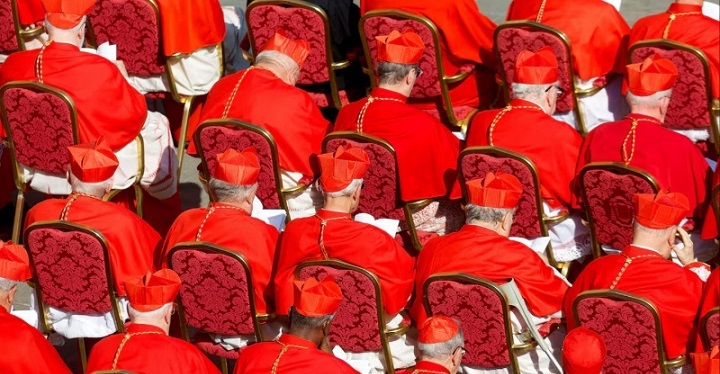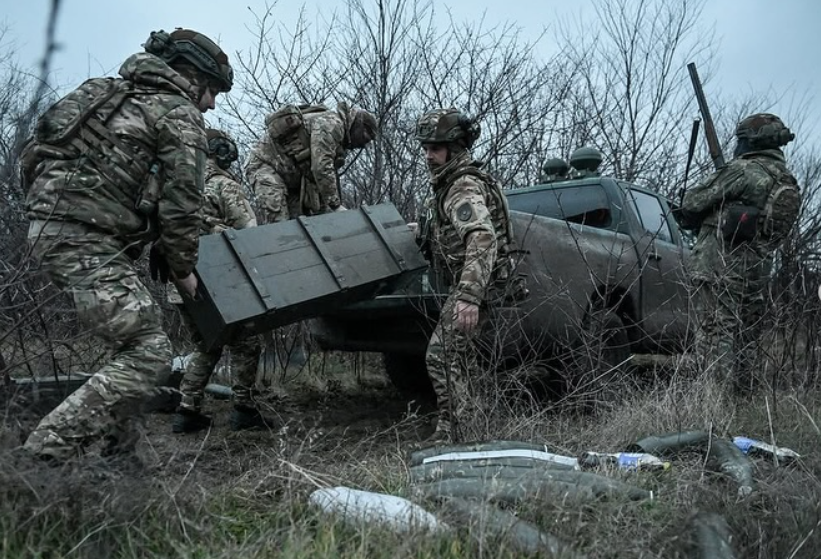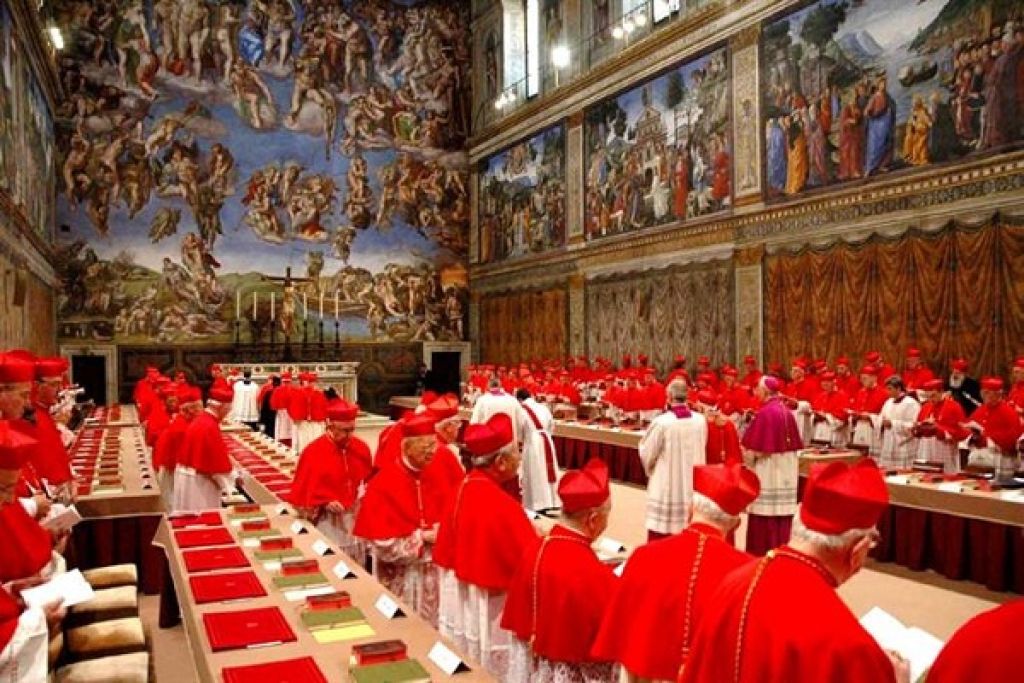[ad_1]
BRUSSELS/LONDON (Reuters) – Britain and the European Union struck a deal on Friday to move on to talk about trade and a transition period after they agreed the outline of their divorce, easing the pressure on Prime Minister Theresa May.
The European Commission said enough progress had been made after the two sides worked through the night to end an impasse over the status of the Irish border that had scuppered an earlier attempt to clinch a deal on Monday.
The Commission gave its verdict in a statement after intense talks, which resulted in British Prime Minister Theresa May taking an early-morning flight to Brussels to announce the deal alongside Commission President Jean-Claude Juncker.
Donald Tusk, the chairman of European Union leaders, welcomed the deal but said London still needed to provide more clarity on the new relationship after Brexit, and bemoaned the fact the first round of talks had taken so long.
“We all know that breaking up is hard, but breaking up and building a new relation is much harder,” he said. “So much time has been devoted to the easier task and now … we have de facto less than a year” left for talks before Britain is due to leave in March, 2019.
Sterling GBP=D3 rose to its highest since Dec. 4 against the U.S. dollar, and hit a six-month high against the euro EURGBP=D3.
The Commission’s recommendation that sufficient progress has been made will now go to the European Union summit of leaders taking place next week.
“Prime Minister May has assured me that it has the backing of the UK government. On that basis, I believe we have now made the breakthrough we need. Today’s result is of course a compromise,” Juncker told a hastily-arranged news conference.
May said she expected a formal agreement to be approved at the summit, which begins on Dec. 14.
“I also look forward to next week’s European Council meeting, where I hope and expect we will be able to get the endorsement of the 27 (member countries) to what is a hard-won agreement in all our interests,” May said.
LONG-TERM RELATIONS
The commission will now begin work on phase two talks, which cover a transitional exit period, trade and long-term relations with the bloc.
Draft guidelines showed the transition period would last around two years. During that time, Britain will remain part of the customs union and single market but will no longer take part in EU institutions or have a vote. It will still be subject to EU law.
Moving to talks about trade and a Brexit transition is crucial for the future of May’s premiership, and to keep trade flowing between the world’s biggest trading bloc and its sixth- largest national economy after Britain leaves on March 30, 2019.
May’s key parliamentary ally in Northern Ireland gave a cautious endorsement of the new terms, four days after 11th-hour objections from Belfast scuppered May’s attempt to sign off on an accord over the Irish border during a lunch in Brussels on Monday.
Irish Foreign Minister Simon Coveney said the border agreement meant there was no way Brexit could lead to a hard border between Ireland and Northern Ireland – what will become the only land frontier between Britain and the EU after Brexit.
“Very good outcome for everyone on the island of Ireland – no Hard Border guaranteed!,” Coveney said on Twitter.
Not everyone agreed. “A deal in Brussels is good news for Mrs May as we can now move on to the next stage of humiliation,” leading Brexit campaigner Nigel Farage said on Twitter.
In the text, Britain agreed that should London and Brussels fail to agree a final Brexit deal, the United Kingdom will maintain “full alignment” with those rules of the internal market and customs union that help to protect north-south cooperation in Ireland.
It said in the absence of a trade deal, no new barriers would develop between Northern Ireland and the rest of the United Kingdom unless the devolved government in Northern Ireland agree that distinct arrangements are appropriate.
“In all circumstances, the United Kingdom will continue to ensure the same unfettered access for Northern Ireland’s businesses to the whole of the United Kingdom internal market,” it said. .
Reporting by Alastair Macdonald in Brussels and Guy Faulconbridge in London, writing by William James and Kate Holton in London, editing by Larry King
[ad_2]
Source link






Leave a Reply